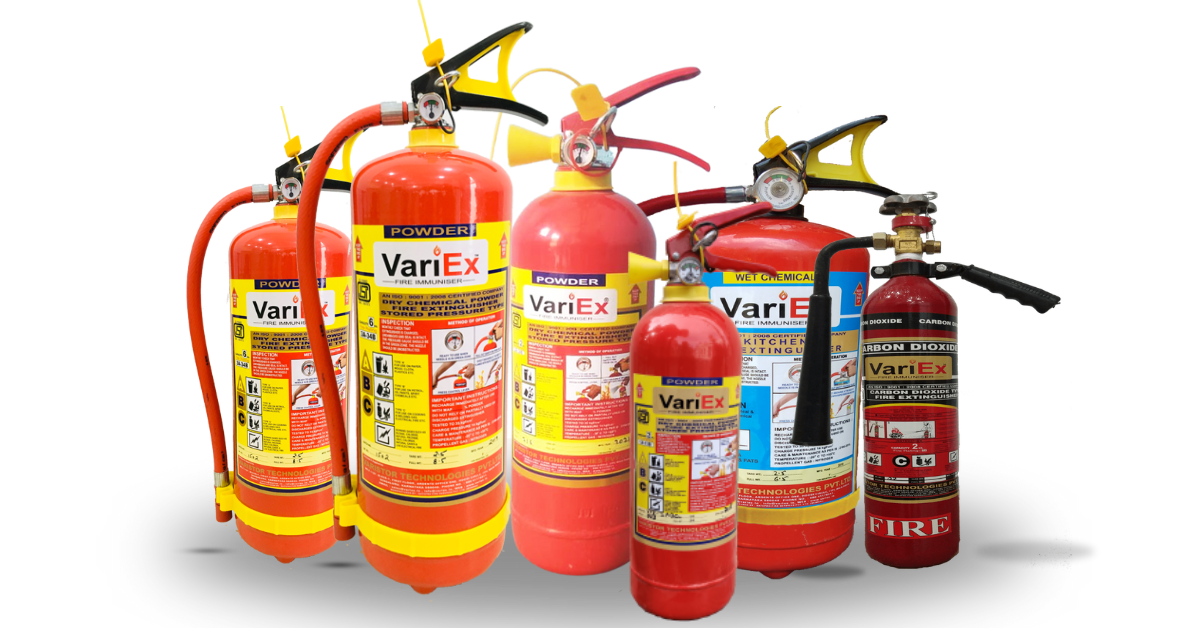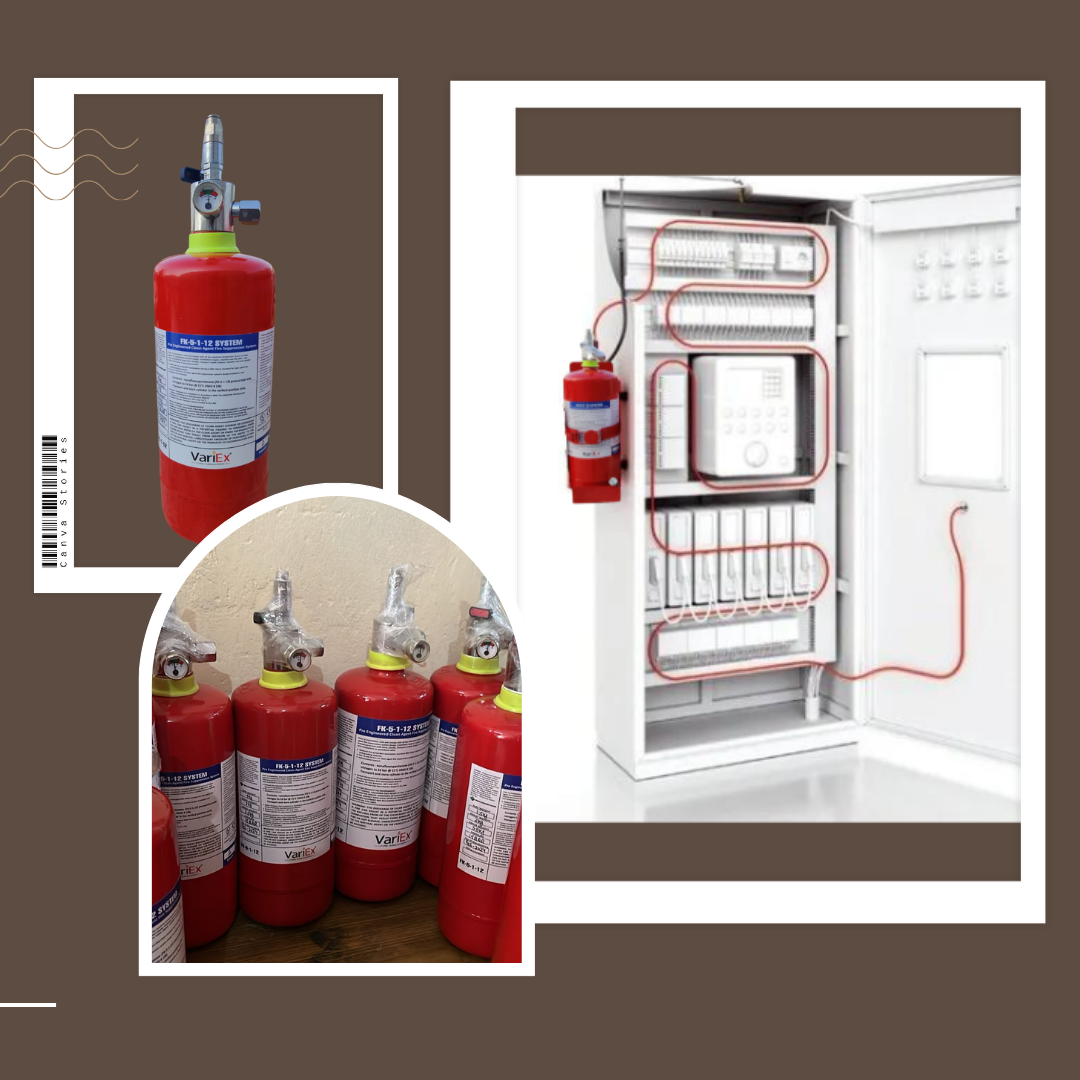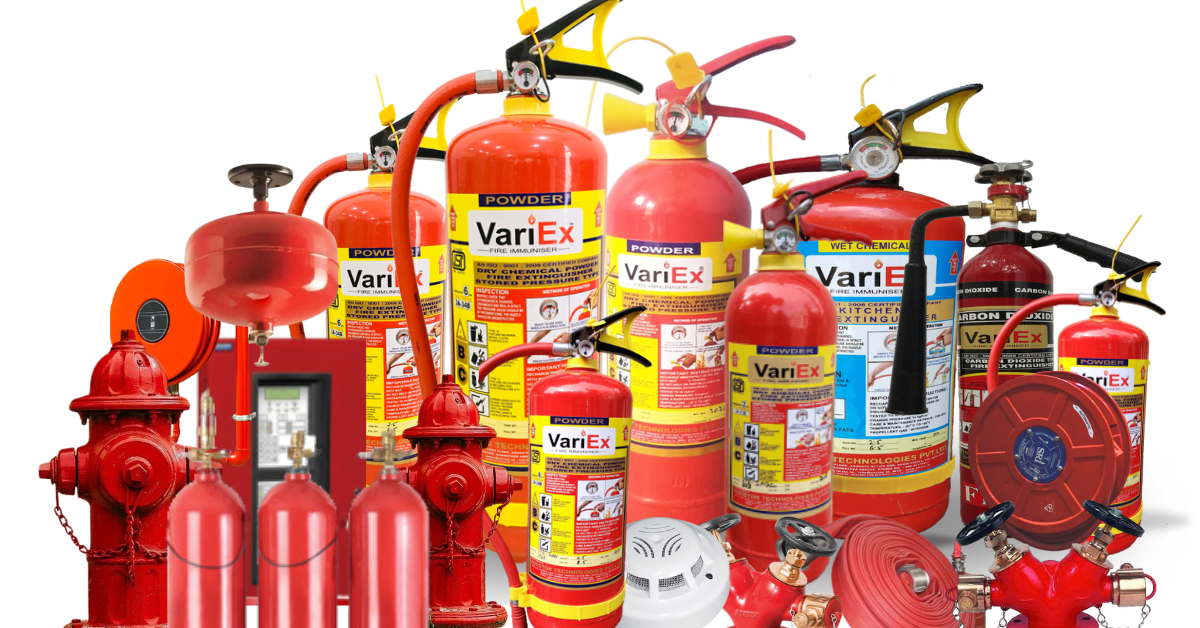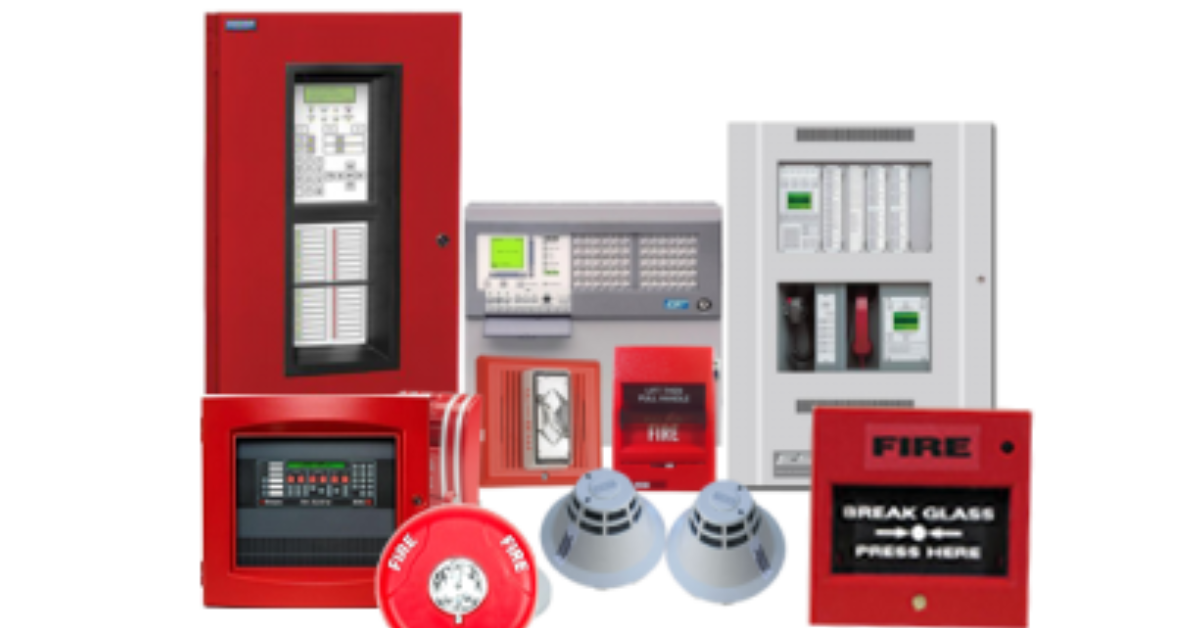![]()
Fire Immuniser
+91-7829629111
Email: info@variex.in
Varistor Technologies Pvt. Ltd.
Block-1, First Floor, Ardente Office One, Hoodi Circle, ITPL Main Road, Bengaluru, Karnataka 560048, IN
What Is Fire Alarm
What Is Fire Alarm
Ensuring the safety of life and property is a fundamental responsibility in any domain of life. Whether you're in a residential property, office building, or any other commercial space, ensuring fire safety is indisputable. A critical component of this safety protocol is the fire alarm. In our discussion ahead, we shall take an in-depth look into understanding what precisely a fire alarm is, its crucial elements, functionality and its key importance in our daily lives.
Defining Fire Alarm
Most simply defined, a fire alarm is a device designed to discover and alert the presence of fire, smoke, or the release of other hazards caused by fire. It is an integral part of any fire protection system. Traditional system units can detect heat or smoke, whereas advanced alarm systems cater to wide-ranging safety aspects, such as emergency instructions, warning of potential hazards, and direction towards safety routes. The key objective of any fire alarm system is to mitigate the risk of casualties and property damage by alerting the occupants and relevant authorities about a fire outbreak to initiate an immediate response.
Components of a Fire Alarm System
A typical fire alarm system consists of several interconnected devices, meticulously designed to warn people of fire emergencies through visual and audio appliances. The main components of a fire alarm system include smoke detectors, manual pull stations, alarm control panels, notification appliances, and more. These work in tandem to help occupants safely respond to fire outbreaks and help emergency response teams handle the situation promptly and effectively.
Functioning of a Fire Alarm
While the complexity of a fire alarm system can vary from a simple stand-alone system to a network of interconnected systems in a large building, the basic principle of its functioning remains the same. Once a fire hazard is detected by either the automatic detection device like a smoke or heat detector, or through a manual pull station operated by a human, an alarm signal is generated. This signal is then sent to the control panel, the brain of the fire alarm system, which in turn activates the audio-visual alarm appliances and fire control mechanisms. The activation of the system prompts an urgent evacuation from the building while also notifying the fire department for immediate action.
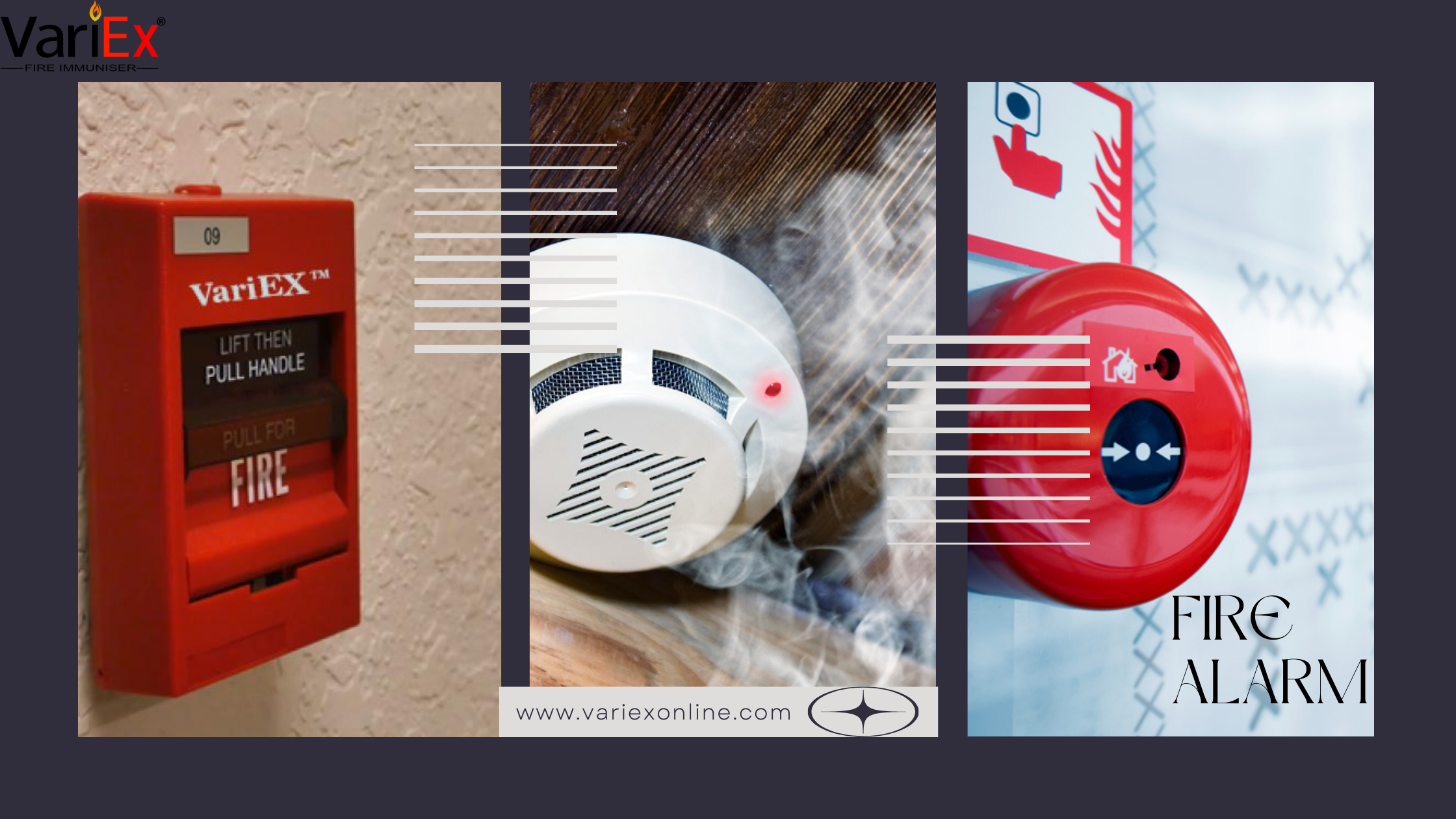 Importance of Fire Alarm Systems
Importance of Fire Alarm Systems
Having a fire alarm system in place is of utmost importance. Their presence is critical for numerous reasons, the most fundamental being life safety. Fire alarms provide early warnings, allowing people to evacuate before smoke and fire spread. The quicker the response, the higher the chance for occupants to reach safety and minimize casualty rates. In addition to preserving human life, fire alarms help to protect property. Detecting a fire immediately can minimise the extent of damage and help to control repair and recovery costs.
Common Types of Fire Alarm Systems
Several types of fire alarm systems are available in the market, each with different features, mechanisms, and functionality, which cater to varying needs and requirements. The two most common categories are Conventional Fire Alarm Systems and Addressable Fire Alarm Systems. Conventional Fire Alarm Systems are generally best suited for smaller properties, being cost-effective and simple to install. In contrast, Addressable Fire Alarm systems are ideal for larger premises, offering advanced features such as identifying the exact location of the fire.
Regulations Surrounding Fire Alarm Systems
In most countries, the installation of fire alarm systems is governed by stringent laws and regulations, especially in commercial and public spaces. Various codes and standards are set by authoritative bodies that dictate the requirements for alarm systems, including installation, maintenance, and testing protocols. It’s essential that property owners are aware of their responsibilities in complying with these regulations to ensure the utmost safety of occupants and adherence to legal requirements.
Conclusion
Fire safety is crucial in protecting lives and property, and an essential part of this is the implementation of a dependable fire alarm system. Whether it's a simple smoke detector in your home or a sophisticated alarm system in a commercial building, fire alarms serve as the first line of defense against the ravages of fire. Recognizing the significance of these systems and understanding their operation allows us to appreciate the role they play in our safety and adds tremendous value to our proactive planning towards fire safety at all levels.
Explore our products Range
Final Say
At VariEx.in and VariexOnline.com, we specialize in supplying and installing top-quality fire fighting systems and equipment. From fire extinguishers to advanced suppression systems, we offer comprehensive solutions tailored to your needs. Our experienced team ensures precise installation and maintenance for optimal safety.
Trust VariEx for reliable fire protection. Contact us online or call 7829629111 to learn more.
"WHAT YOU CAN READ NEXT"
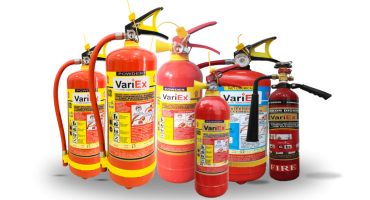 Read more +24 November 2023 in Fire Extinguisher
Read more +24 November 2023 in Fire ExtinguisherWhat types of fire extinguishers are available for different fire classes?
 Read more +11 July 2025 in Fire Suppression
Read more +11 July 2025 in Fire Suppression




